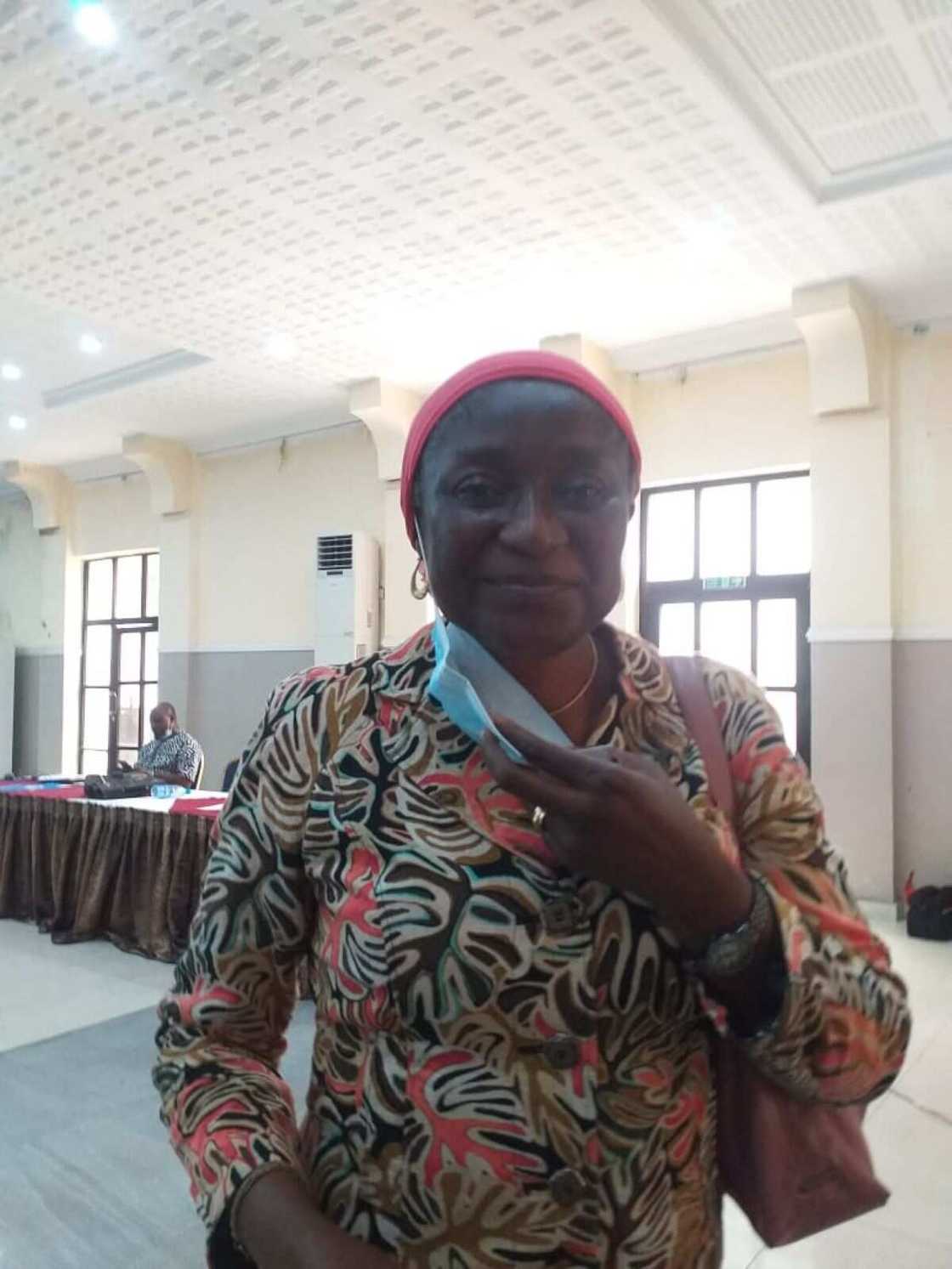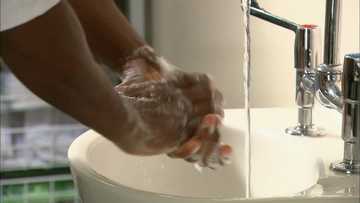HIV in Infants: Health Workers Advised To Incorporate Testing Into Every Care Plan
- Health workers have been advised to remain vigilant in their effort to detect HIV infection in children
- The advice was given to health workers by Dr Atana Ewa, a chief consultant and associate professor at the University of Calabar Teaching Hospital
- Ewa said health workers across Nigerian should endeavour to incorporate HIV/AIDS testing into all care plan
PAY ATTENTION: Click “See First” under the “Following” tab to see Legit.ng News on your Facebook News Feed!
Calabar, Cross River - In an effort to meet up with the required indicators for global validation of Elimination of Mother-To-Child Transmission (EMTCT) of HIV, health workers in Nigeria have been advised to incorporate the virus testing into every care plan.
Dr Atana Ewa, the focal person, Paediatric Anti-Retroviral Treatment/Prevention of Mother-To-Children at the University of Calabar Teaching Hospital said health workers should put in more effort to detect cases of infant HIV infection.

Source: UGC
She said this at a dialogue organised by UNICEF in collaboration with the Child Rights Information Bureau of the ministry of information and Journalists Alliance for PMTCT in Nigeria (JAPiN) in Calabar.
Ewa who is also a chief consultant and associate professor, paediatric respiratory and infectious diseases at the hospital said some physical symptoms presented by patients as serve as clues to early detection of HIV in babies.
PAY ATTENTION: Subscribe to Digital Talk newsletter to receive must-know business stories and succeed BIG!
Continuous HIV testing for babies
For the medical consultant, patients who access health facilities for various issues - not related to HIV - should be counselled and advised to take the test to avoid missing out on any client.
Ewa said:
"In the facility as a health worker, when you notice that a particular patient comes to the clinic presenting the same ailment and disease symptoms, the best thing to do is to advise the patient and run an HIV test. At least, we use that to rule out the presence of the virus in the patient's body."
"Some people come might come to the clinic today with an ear infection and next week or month, he or she comes back with the same complaints. Sometimes it could be pneumonia or even cough, we advise that the health workers tests for HIV."
Usually, the symptoms and signs of HIV infection in childhood are similar to those of other disease seen in the tropics; but they may be more severe and frequent."
The common mode of HIV transmission to babies
Noting that more than 90 per cent of children get the disease from their mother during three stages - pregnancy, child delivery and after delivery - Ewa said health workers must continue to remain vigilant to ensure no child escapes the test spectrum.
Ewa said:
"Sometimes, a child is eating well, the parents are even rich and there's an abundance of food in the house but he or she is not growing, then that calls for concern, a trigger for the health worker to test for HIV."
According to the doctor, it does not matter whether patients come in the biggest or healthiest body, HIV testing should be done immediately after one or two symptoms are presented by the patient.
Some of the symptoms listed by Ewa are; molluscum constagiosum, herpes zoster, paratoid enlargement, pneumonia, oral thrush, excessive anal warts, fungal nail infection, inability to thrive, severe immune suppression among others.
She said:
"All health workers must ensure that babies are tested at birth, at six weeks after delivery, if the mother is breastfeeding; this is because we don't want to have an HIV negative turn positive."
Also emphasizing that HIV has no cure, Ewa said ART is key to the management of the disease while advocacy and public enlightenment must be taken seriously by all.
She also encouraged health workers, relatives and associates to always support mothers who are usually saddled with the guilt of bringing forth HIV positive children.
Meanwhile, Legit.ng previously reported that 490 babies tested positive for HIV/AIDS in Nigeria in the year 2020.
This was contained in a report released by the National AIDS and STIs Control Program, an initiative of the federal ministry of health, Nigeria.
According to the report, over 3,000 babies born in Nigeria tested positive for the disease between 2017 and 2020
Source: Legit.ng





